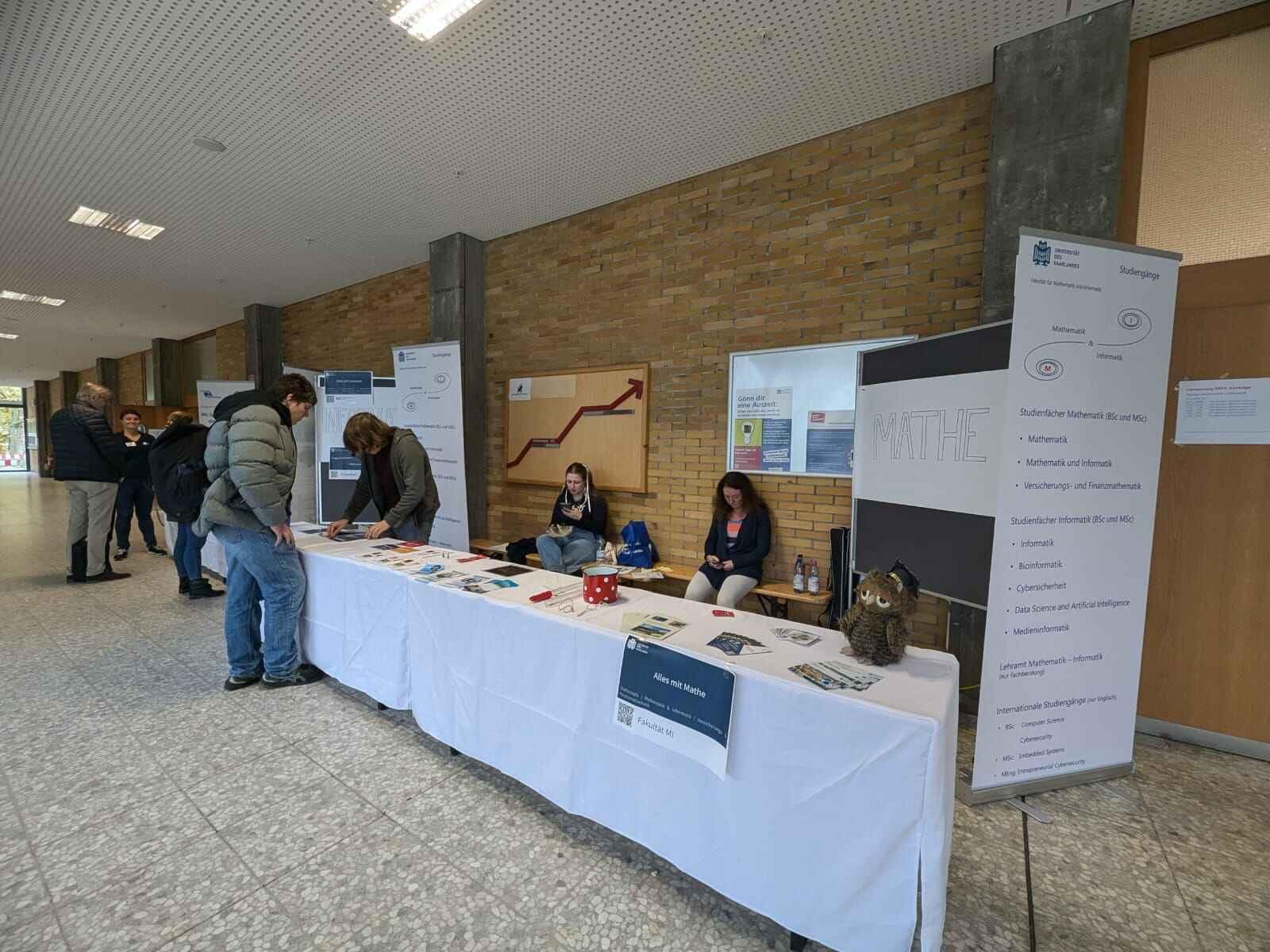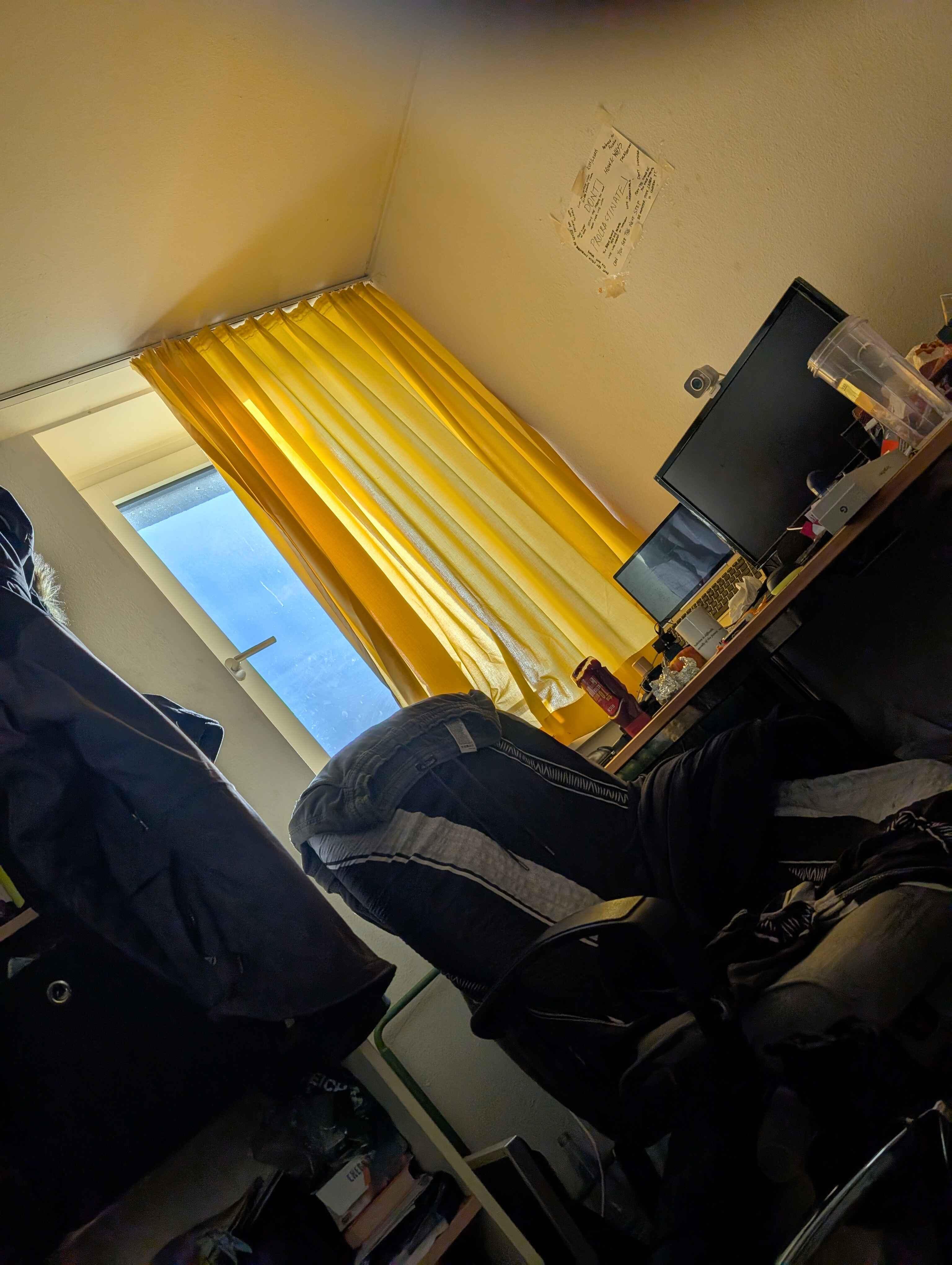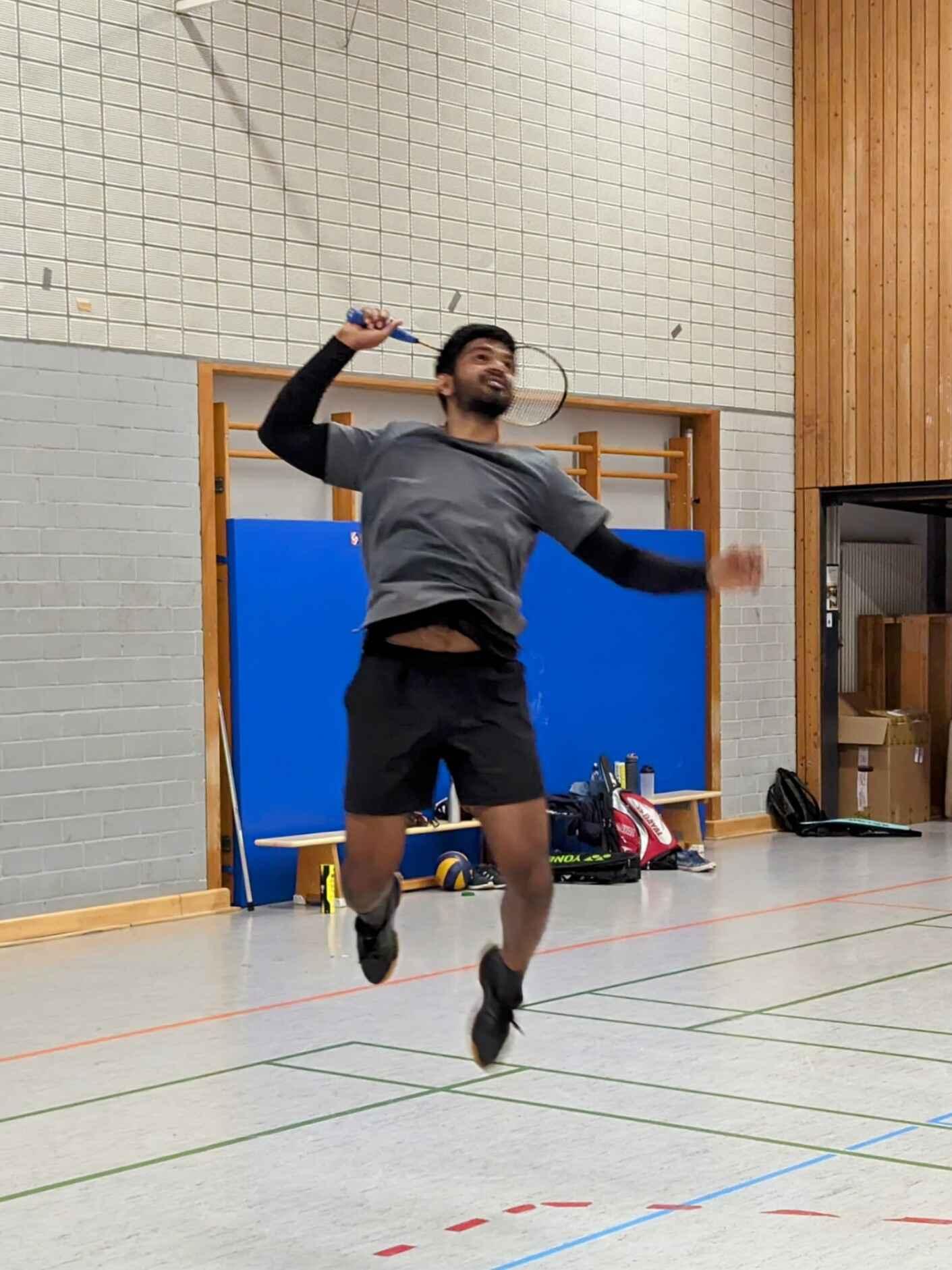What Students Say
Likes
- Campus: A beautiful place which is very calm and peaceful for students to learn, Friends: A diverse set of students from all over the world
- Professors: World class professors who are excellent in teaching their subject matter
- City: Lots of activities for people to do like partying, hiking, Connectivity to Uni
Dislikes
- Difficulty of courses: Few of the courses didn't have prerequisites written and felt difficult to catch-up in the beginning as few courses were already taught in the bachelor's degree.
- Gym: Uni gym is really small and not very well maintained
- Cafeteria food: Not always up to the standards
Course Curriculum
8
- The courses were more theoretically oriented than practical. There are two types of courses: core and advanced. Credits for core is 9, advanced: 6, seminar: 7.
- Core is demanding as it takes 4 hours per week in the classroom and 2 more hours for tutorial. Advanced courses take 2 hours. Assignments for advanced are tougher than core.
- Students can take however many courses they want, as few also work part-time jobs.
- I like how they teach the concepts and not just ask students to mug up.
- Around 50 students on average, but they are free to drop any course midway if they find the course not interesting enough.
Admission Experience
- I applied only to Saarland University and got accepted. I had clear intentions of getting into this university and managed to get in. The admissions process was elaborate, as I had to apply before a year to be able to get into the next upcoming semester.
- I wanted to apply to TU Munich and RWTH Aachen if I hadn't gotten an admit letter from Saarland University.
- Filling in to meet the minimum word requirement.
- Research centers like MPI, DFKI, and CISPA are into high-class research and it was aligning a lot with my interests in research topics. Few courses like computer graphics, high-level computer vision and visual computing-related courses are offered only at Saarland University, which made me choose this university.
- Two letters of recommendation were required; a TOEFL score of more than 95 and one statement of purpose were required as part of the eligibility criteria.
- The admission experience was smooth and the admission portal had all the information needed.
- I applied to the summer intake that starts in April generally. The admissions process took around a year before the semester actually started. A lot of educational certificates need to be attested and then sent via post or uploaded to the university portals. If any of the certificates are in a different language other than English, they have to be translated and attested too.
Faculty
8
- It all depends on how many students attend the course as well. Usually in tutorials, more attention is paid to individuals if there are any doubts. The faculty to student ratio is around 1:40. Few research groups have research assistant positions and they advertise in the classes too sometimes.
- Prof. Weickert and Prof. Slusallek are top-class professors because of their teaching style and the expertise.
Campus Life
8
- The university is a technical university with a sports department with it so it has all kinds of sports and gym activities possible. Along with it the university has a big library and 3 other libraries with good enough seating for studying and 1 computer science-specific library for all CS-related topics.
- Other than studies, there are a lot of festivals, like the asta sem opening party, campus fest, campus walks and other interesting stuff for children and stuff for keeping students and children engaged.
- There are also different sports courses for students, including badminton, basketball, volleyball and cricket, along with dance and martial arts, etc.
Part Time Jobs
- Typically it's easy to achieve a TA for courses as it's very intensive and takes a lot of time with a lower pay of around 12 euros per hour and 6 hours per week but the work load is a lot more than that. So many students generally prefer RA and department assistant positions. RA and DA positions are generally rare; they are only given to a few expectational students with good grades in certain courses and a good academic background from their bachelor's.
- Other than campus jobs, there are many part-time jobs in both technical fields, like various companies and also in supermarkets and food chains if none of them are possible.
- Generally, it's easier to get an odd job, and next comes tutorship, and finally comes part-time work in research and companies
- Most Indians prefer doing research at an institute or company but the pay is generally less than around 12 euros per hour for 20 hours per week; this would generally be sufficient to eat for a living.
- Most bachelor's students prefer a part-time job in the odd job market as it's generally higher pay and since they don't have enough experience, they are not given any open roles in a technical role.
Placement
8
- Generally, many students wait at least 1/2 semesters, that is, 6 months to 12 months, to find a part-time job, as it depends a lot on the courses you have taken and the interaction between your job and Prof.
- Coming to full time, it's generally hard now because of the bad economic situation but most of them manage to find a job within like 6 months of graduation. The salary generally spans from $50,000 to $70,000 depending on your previous experience and your role.
- Most common companies include big giants of Germany like SAP, BMW, and Benz, and most others include small startup companies.
Accommodation
Off Campus
6
- The accommodation at my university is mostly off campus but they have a lot of university-affiliated accommodations in the city center, and I was lucky enough to get an accommodation in one of those student dorms. I stay at Waldhaus, which is one of the best student accommodations in Salzburg, but the size of the room is very small. It has a lot of international students so it was easy to interact and make friends.
- The accommodation is 5 minutes by bus, 25 minutes by walk to the university, and 10 minutes to the city center.
Exams
- IELTS or TOEFL for English test. IELTS score greater than 7 and TOEFL score more than 95.
- GRE is recommended but not mandatory.
- One Statement of purpose indicating why specifically this university and why this particular course
- Two letters of recommendations from previous university or employers if the student has work experience
- One CV
- There was no interview as part of the application process.
Fees
- Since our university is a public university, there's only semester fees, which are around 300-400€, which include the Deutschland ticket required to use as a ticket for bus and regional trains. Accommodation has to be taken care of by the student, so rent has to be paid by the student. Depending on the location and the city, rent varies from 350 to 500€.
- My monthly expense is around 800-900€.
Scholarship
- I didn't get any scholarships as I didn't apply. However, scholarships are available from DAAD but very few receive them, and there's a lot of scrutiny.
- 3-5 students receive scholarships around 800€ per month for a semester. Students will have to get letters from professors indicating their financial status and that they need support for the same.
- One of my friends got a scholarship who was part of student clubs and used to participate in a lot of extracurricular activities.





